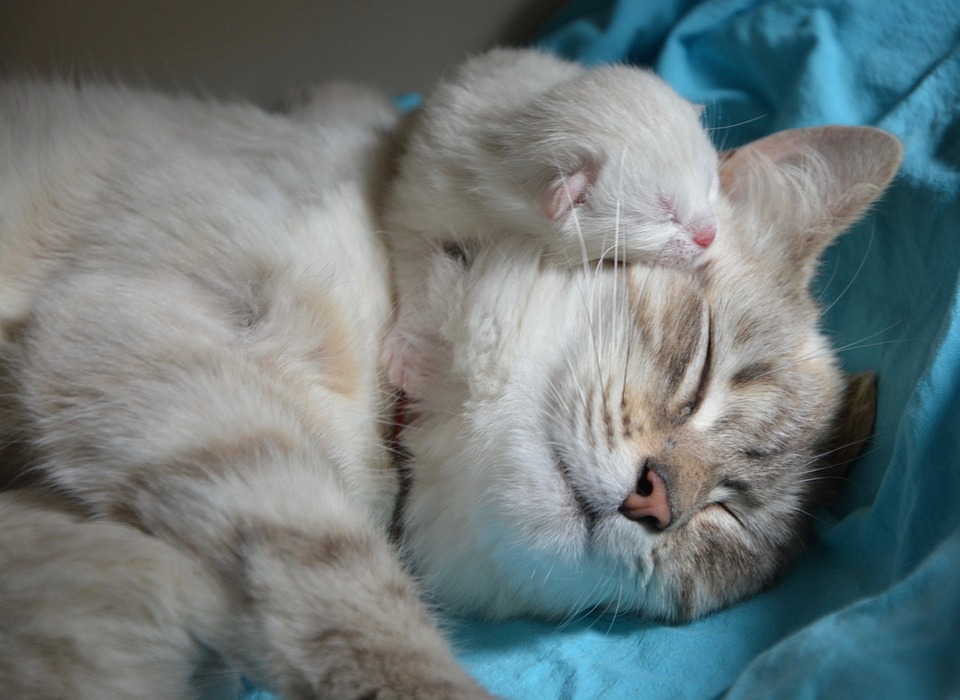Asthma is a common respiratory condition that affects not only humans but also our feline friends. Feline asthma can significantly impact a cat’s overall health and quality of life, making it crucial for pet owners to recognize the signs, understand the triggers, and explore treatment options. By doing so, they can effectively manage this chronic disease and improve their cat’s well-being.
Signs of feline asthma may vary, but there are common indications that pet owners should be aware of. Coughing is one of the most noticeable symptoms, with cats experiencing sudden fits of coughing accompanied by wheezing sounds. The severity of the coughing can range from mild to severe and may worsen during physical activity or exposure to triggers. Labored breathing is another sign, with asthmatic cats exhibiting rapid, shallow breathing, open-mouth breathing, or increased respiratory effort. They may also adopt a crouched or hunched position while breathing. Wheezing or noisy breathing, resembling a high-pitched whistling or rattling noise during exhaling, is frequently present in cats with asthma. Reduced appetite and lethargy are additional signs, with asthmatic cats showing a decline in appetite and energy levels. They may become less interested in activities they once enjoyed and exhibit overall lethargy. Additionally, asthmatic cats may occasionally vomit or gag as a result of excessive coughing.
Identifying common triggers is essential for managing and minimizing asthma attacks in cats. Allergens such as pollen, dust mites, mold spores, and certain types of food can act as triggers, causing an inflammatory response in the airways of asthmatic cats. Smoke and strong odors, such as secondhand smoke, scented candles, cleaning chemicals, and other strong fragrances, can irritate the respiratory system and potentially trigger an asthma episode. Respiratory infections, including viral or bacterial infections like feline herpesvirus or Bordetella bronchiseptica, can exacerbate asthma symptoms in cats. Stress and anxiety can weaken a cat’s immune system, making them more susceptible to asthma attacks.
Various treatment options are available for managing feline asthma. Working closely with a veterinarian is crucial to determine the most suitable treatment plan for each individual cat. Medications, including inhalers or oral medications like bronchodilators or corticosteroids, may be prescribed to reduce airway inflammation, open up the airways, and relieve symptoms in asthmatic cats. Environmental modifications can also help manage feline asthma. Keeping the living area clean, using air purifiers, avoiding smoking indoors, and reducing dust can significantly reduce triggers. Stress reduction techniques, such as providing hiding spots, engaging in interactive play, and maintaining a consistent routine, can help reduce the frequency and severity of asthma attacks. Allergy management is another important aspect of treatment. Identifying and minimizing exposure to allergens that trigger asthma symptoms can be achieved through allergy testing, dietary changes, and using hypoallergenic bedding.
Pet owners may have several questions about feline asthma. While feline asthma cannot be cured, it can be effectively managed with appropriate treatment and lifestyle modifications. With proper management and treatment, cats with asthma can lead relatively normal lives. While feline asthma is not considered hereditary, certain genetic factors can make a cat more prone to developing the disease. Diagnosing feline asthma typically involves a thorough physical examination, evaluation of symptoms, X-rays, and sometimes additional tests like bronchoscopy or bronchoalveolar lavage. It is important to note that over-the-counter medications should never be used without veterinary guidance, as they can be harmful or ineffective. Pet owners should always consult their veterinarian for appropriate treatment options.
In conclusion, understanding the signs, triggers, and treatment options for feline asthma is crucial for managing and improving the well-being of asthmatic cats. By recognizing the signs early, identifying triggers, and working closely with a veterinarian, pet owners can help their cats live happy and healthy lives.








